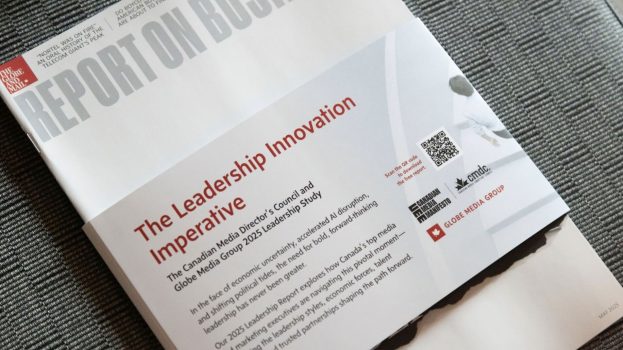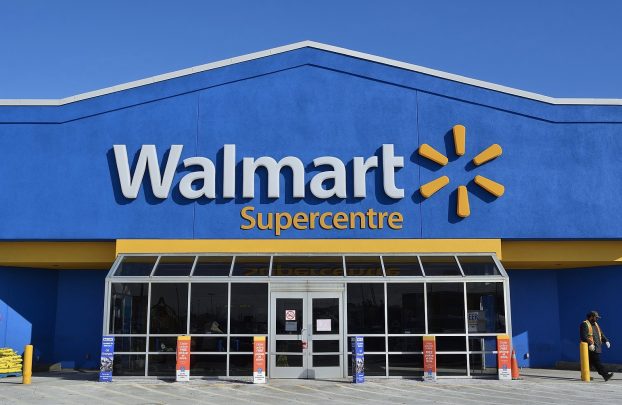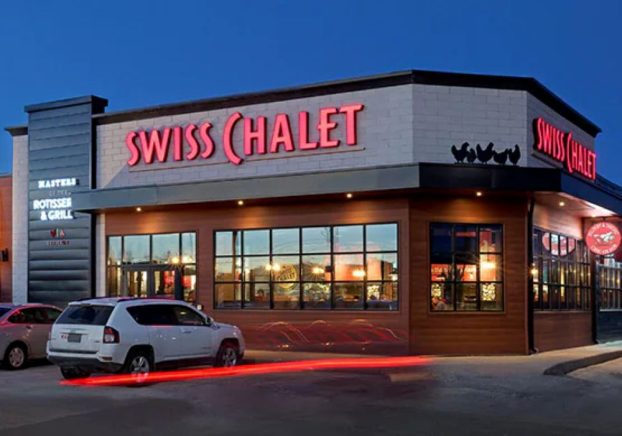Inspiration
This is the story of the transformation of a brand from a healthy snack into an advocate for a healthier planet. For many years, Frito-Lay North America’s SunChips brand enjoyed a reputation as a whole-grain snack. But recently the healthy snacking category exploded with whole-grain crackers, cereal bars and even copycat products. Just having better nutritional credentials was no longer enough. SunChips’s growth began to stall.
Meanwhile, people’s definition of health broadened as they increasingly recognized a relationship between their well-being and the planet’s. From this broader definition of health came the foresight to connect SunChips with the environment: a small step for the consumer and for the planet. Thusly, SunChips embarked on an ambitious plan to reposition itself as “the pre-eminent green snack.”
Strategy
SunChips made significant capital investments to manufacture their product in a more environmentally friendly way. After adding a solar field to a plant in California to make SunChips with the help of solar energy, they committed millions to launch the world’s first fully compostable chip packaging.
The challenge was to make this manufacturing news accessible, fun and connected to the product. The idea “actions speak louder than words” inspired the creative strategy – to let the company’s actions speak for them and inspire others.
Execution
Working with AOR Juniper Park, Frito-Lay VP portfolio marketing Gannon Jones first shared how SunChips used solar power to make chips. National TV and print in the U.S. connected the idea of a healthier planet with a healthier lifestyle.
Next was the launch of the first 100% compostable chip bag. SunChips set out to create buzz about this powerful news with two statement pieces. First, they released a time-lapse video of a bag actually decomposing underground. This ran once on American television, during American Idol on the evening before Earth Day 2009, and was seeded on video-sharing sites on Earth Day.
Second, an actual compostable bag was inserted into People magazine during Earth Week, allowing consumers to experience the new bag themselves. (See sidebar, below, for how Frito Lay Canada adapted these ideas north of the border.)
SunChips also created a program to enable the small steps of others to change the world. It partnered with National Geographic in April 2009 to create “The Green Effect,” a program that solicited and funded consumers’ green initiatives to effect environmental change in their communities. In July 2009, the five best consumer initiatives received $20,000 each to fund their idea.
The effort attracted notable environmentalists, including Edward Norton, who helped judge the submissions. It culminated in an event at the National Geographic campus in October 2009, with the winner featured in the November issue.
Results
The results were exceptional for a premium-priced brand in a recessionary economy. Sales grew, unaided awareness increased significantly and overall brand equity metrics surged (results were provided).
Furthermore, SunChips’s green efforts led to success with consumers and media. The campaign garnered over 100 million media impressions, and after just one prime-time airing, the compostable bag ad generated discussion in social media, including unsponsored mentions by celebrities such as Demi Moore to her then-700,000+ Twitter followers. The campaign was covered in mainstream media (such as the New York Times, MSNBC and PBS) and websites and blogs (Treehugger.com, SustainableLifeMedia.com, EnvironmentalLeader.com).
But perhaps most rewarding is that SunChips is now perceived as a top five green brand on Brandtags.net and is held up as an example of authentic sustainable marketing.
Judges’ comments
“How do you differentiate if everything is screaming ‘organic’ and ‘planet friendly?’ By truly integrating green practices into your supply chain and telling people about it. Good effort on their part – definitely stood out.”
– Alex Gill, principal, Mendicant Group
“I like that they walk the talk. They changed the process and they changed their packaging to be more in line with the future. It is not greenwashing.”
– Claude Bernier, EVP marketing and customer innovations, Rona
“Bravo! They were incredibly brave in staying focused and single-minded in their communication on the environmental side. It’s rare that food brands are willing to not talk about the obvious: taste. The clarity and strength of the idea is evident in the results they achieved with limited investment.”
– Margaret McKellar, marketing manager, Becel, Unilever
“Their focus on solar energy is brilliant – both in terms of brand alignment and consumer education and awareness. Same goes for the use of a compostable chip bag. This is an industry leader to watch!”
– Adine Mees, president and CEO, Canadian Business for Social Responsibility (CBSR)
The bag comes to Canada
On June 7, SunChips enters the Dragon’s Den.
“Greenvention,” a special episode of the CBC series, will feature the best of a two-month audition process currently underway across Canada, where wannabe entrepreneurs will showcase their eco-friendly business ideas with the hopes of impressing the discerning Dragons for a grand prize of $100,000. SunChips is the title sponsor of the audition tour as part of the brand integration for the one-hour special, and is also promoting the “Greenvention” tour on Sunchips.ca.
SunChips’s compostable packaging and ad campaign first came to Canada in February with a Super Bowl debut. The Juniper Park-created campaign was adapted by Frito Lay Canada’s AOR BBDO Toronto and MAOR OMD Canada.
The TV creative featuring the decomposing bag continued into the Vancouver Olympics in February, and the campaign also included a content sponsorship with The Weather Network.
Jump to:
Kraft Peanut Butter spreads bear hugs to feed the hungry























